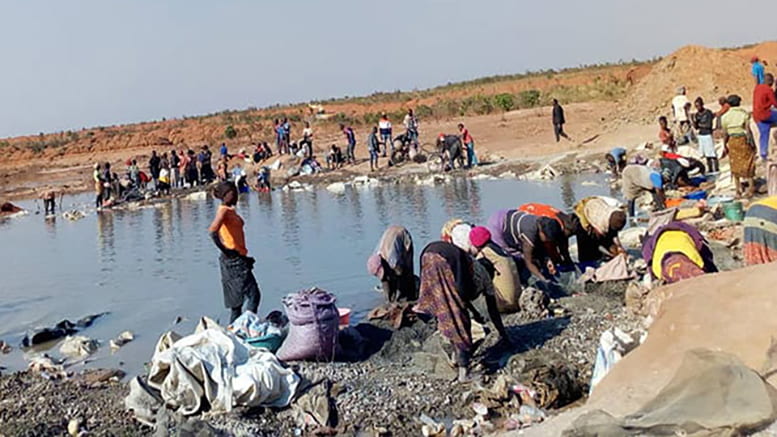After studying the impacts of mining cobalt — a common ingredient in lithium-ion batteries — on communities in Africa’s Democratic Republic of the Congo (DRC), an interdisciplinary team of researchers led by Northwestern University is calling for more data into how emerging technologies affect human health and livelihoods.
Such data can inform policymakers, industry leaders and consumers to make more socially and ethically responsible decisions when developing, funding and using green technologies.
The case study and perspective paper were published today (Dec. 17) in the journal One Earth.
“We have the framework and tools available to compare the environmental costs of automobiles that run on fossil fuels to battery-powered vehicles,” said Northwestern’s Jennifer Dunn, who led the study. “I can tell you the greenhouse gas emissions per mile for either one. But when it comes to the social effects, we don’t have the same capability for direct comparison. For many engineers, it’s easier to measure or calculate environmental effects than to understand the social conditions in a faraway country that they have never set foot in.”
Dunn is an associate professor of chemical and biological engineering at Northwestern’s McCormick School of Engineering and associate director of the Center for Engineering Sustainability and Resilience. To conduct the case study, Dunn led an interdisciplinary team of engineers, anthropologists and public health experts.
“For this type of work, it’s important to work across fields in order to be informed,” said Sera Young, study co-author and associate professor of anthropology at Northwestern’s Weinberg College of Arts and Sciences. “It might be difficult for engineers who are developing the technologies to understand the social effects. By working together, we can form a whole picture of the consequences of resource extraction.”

